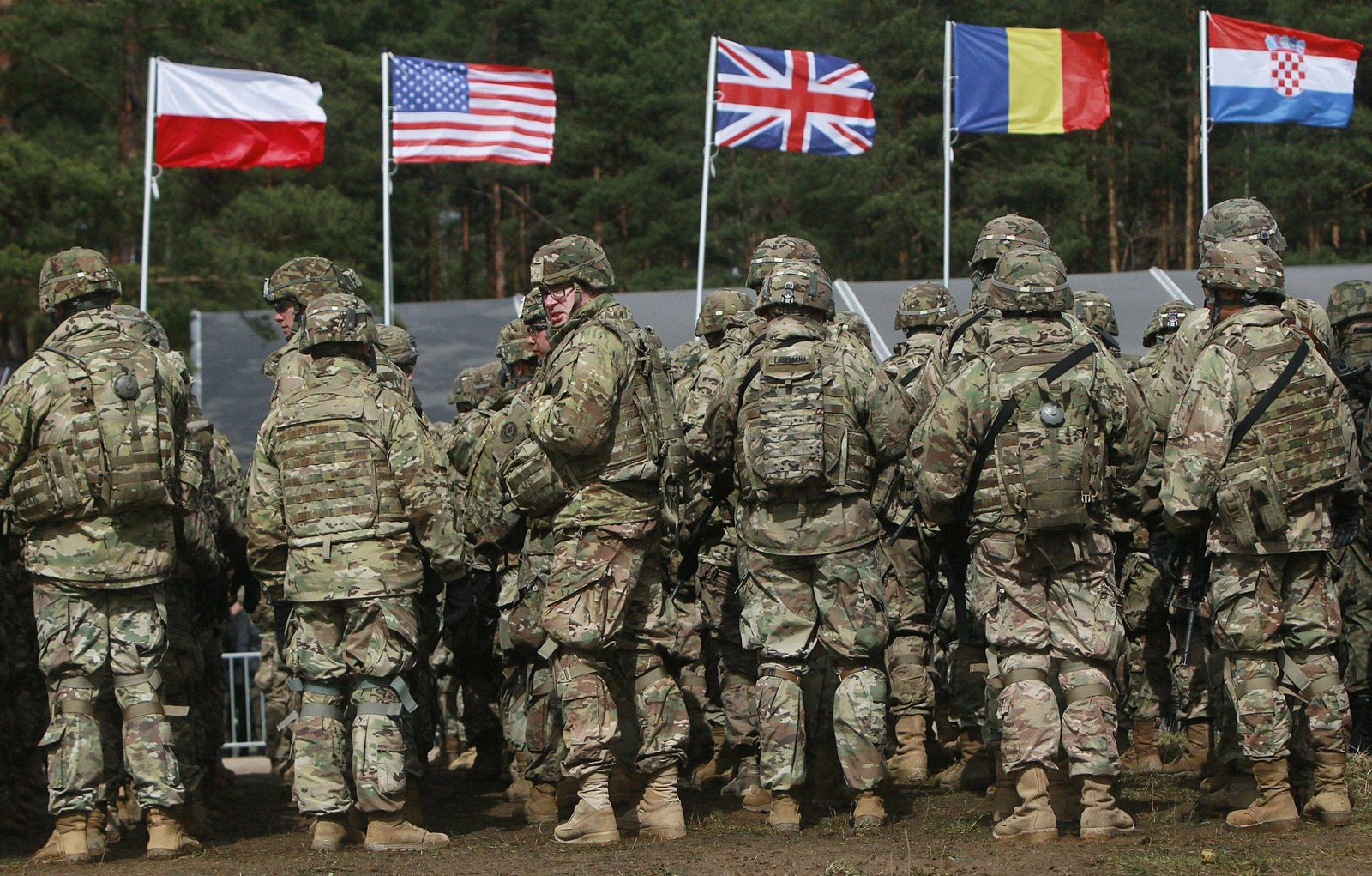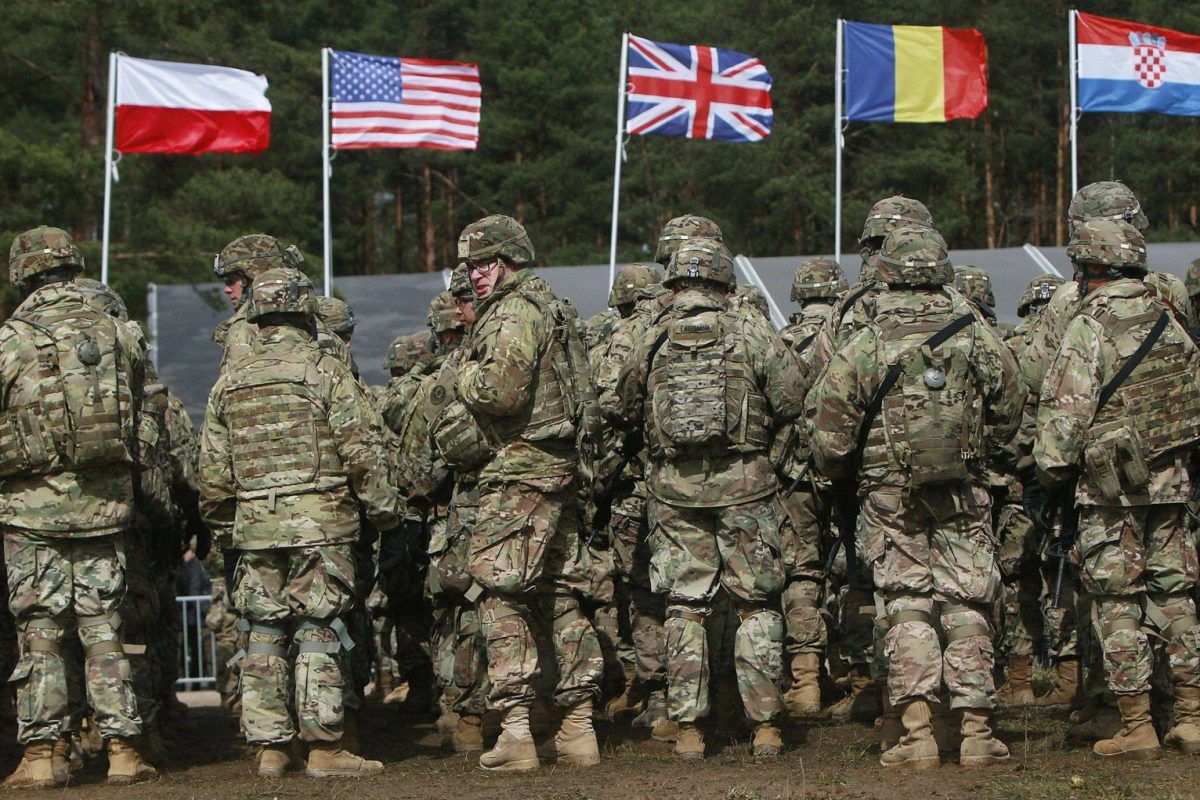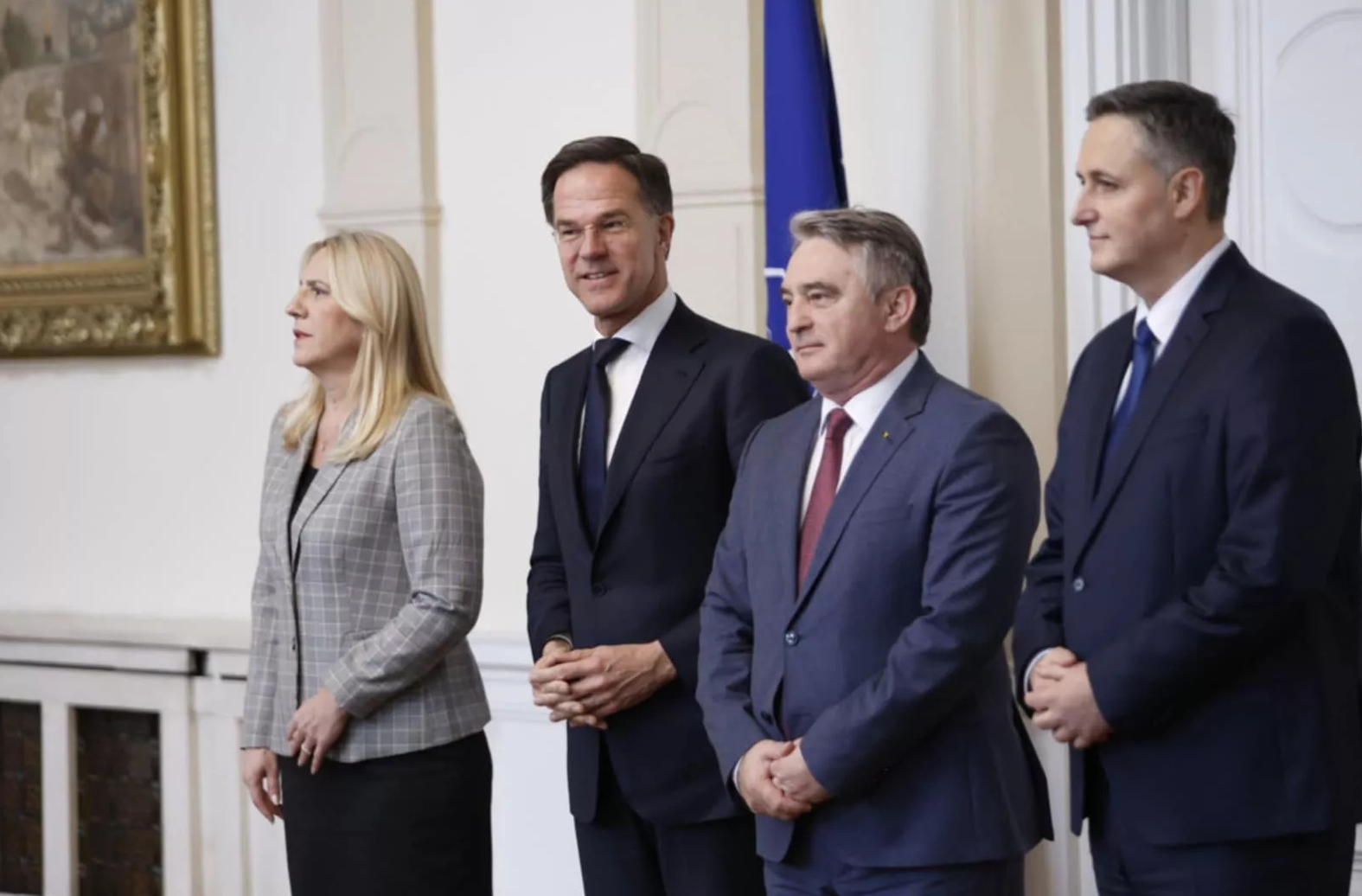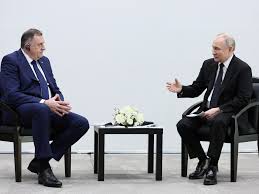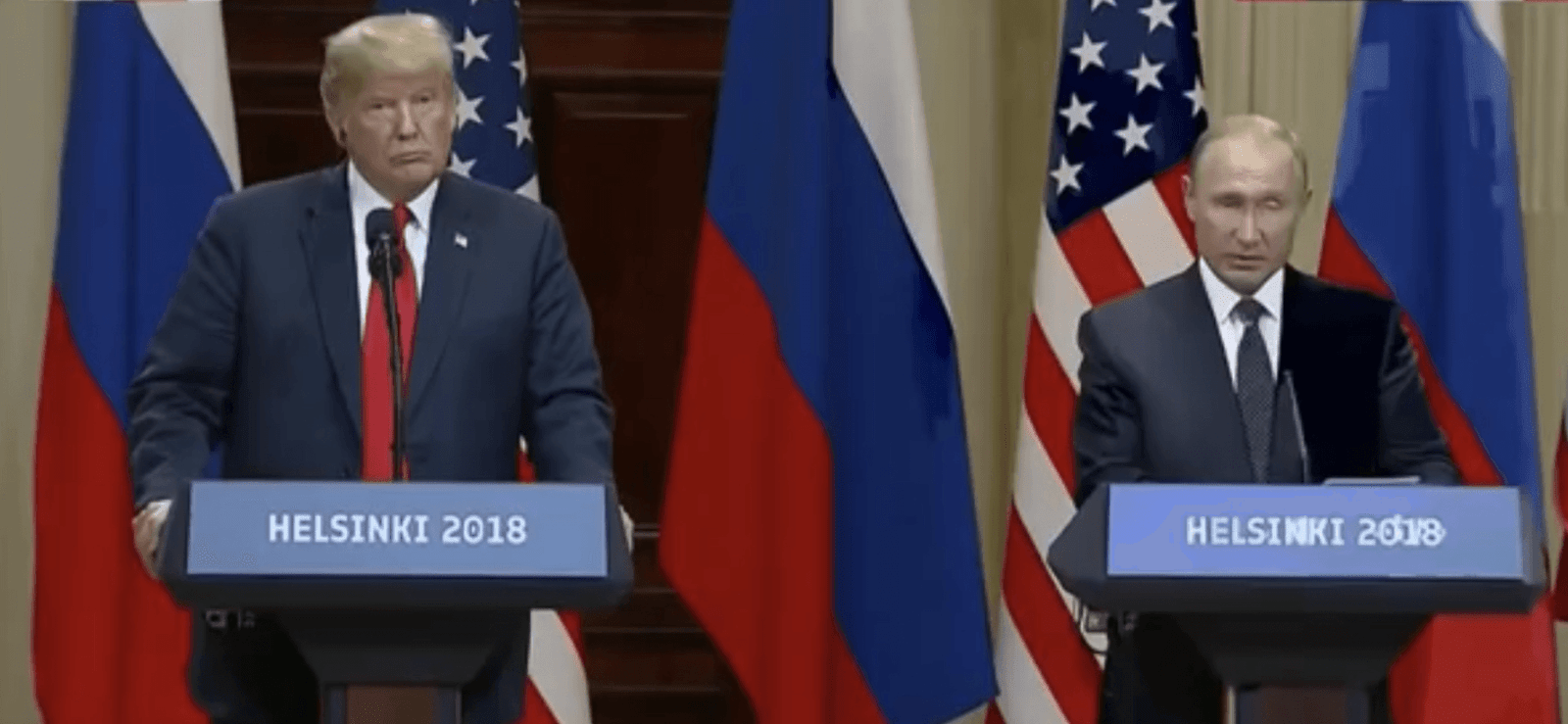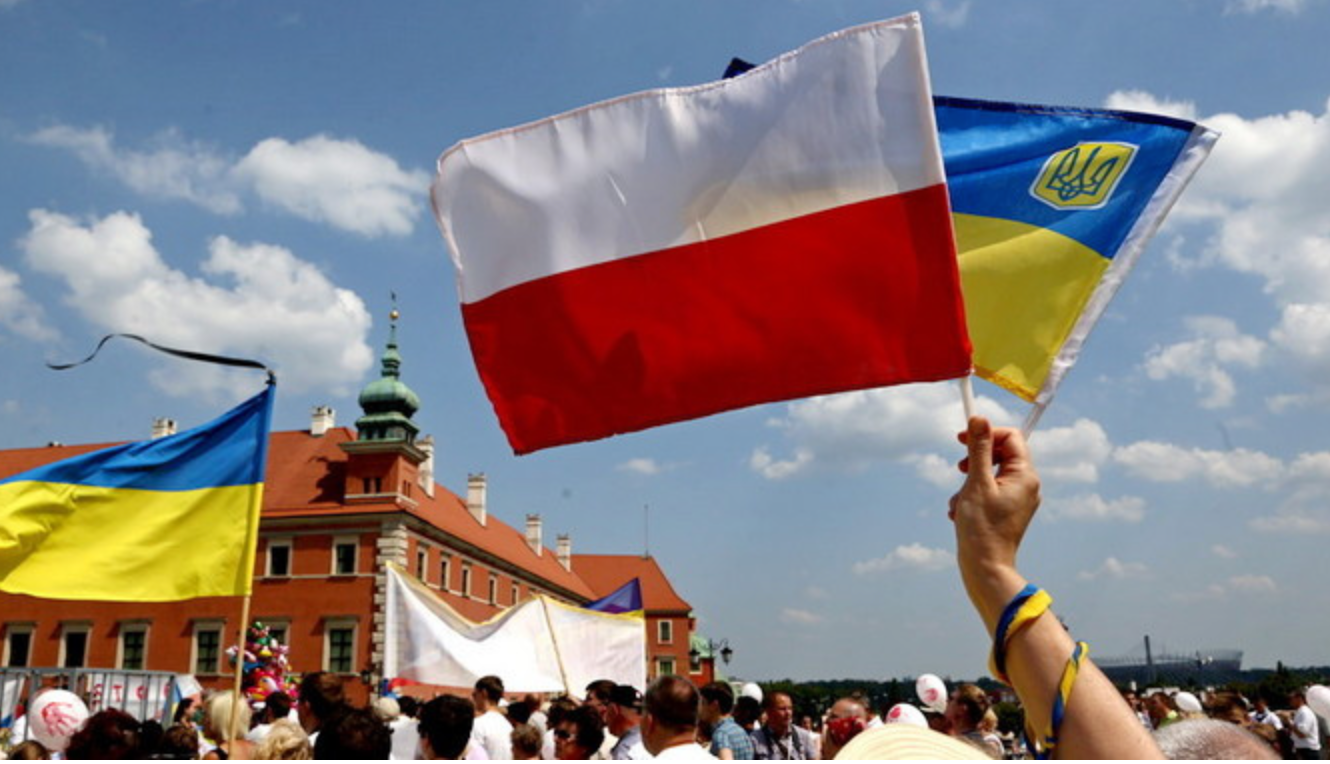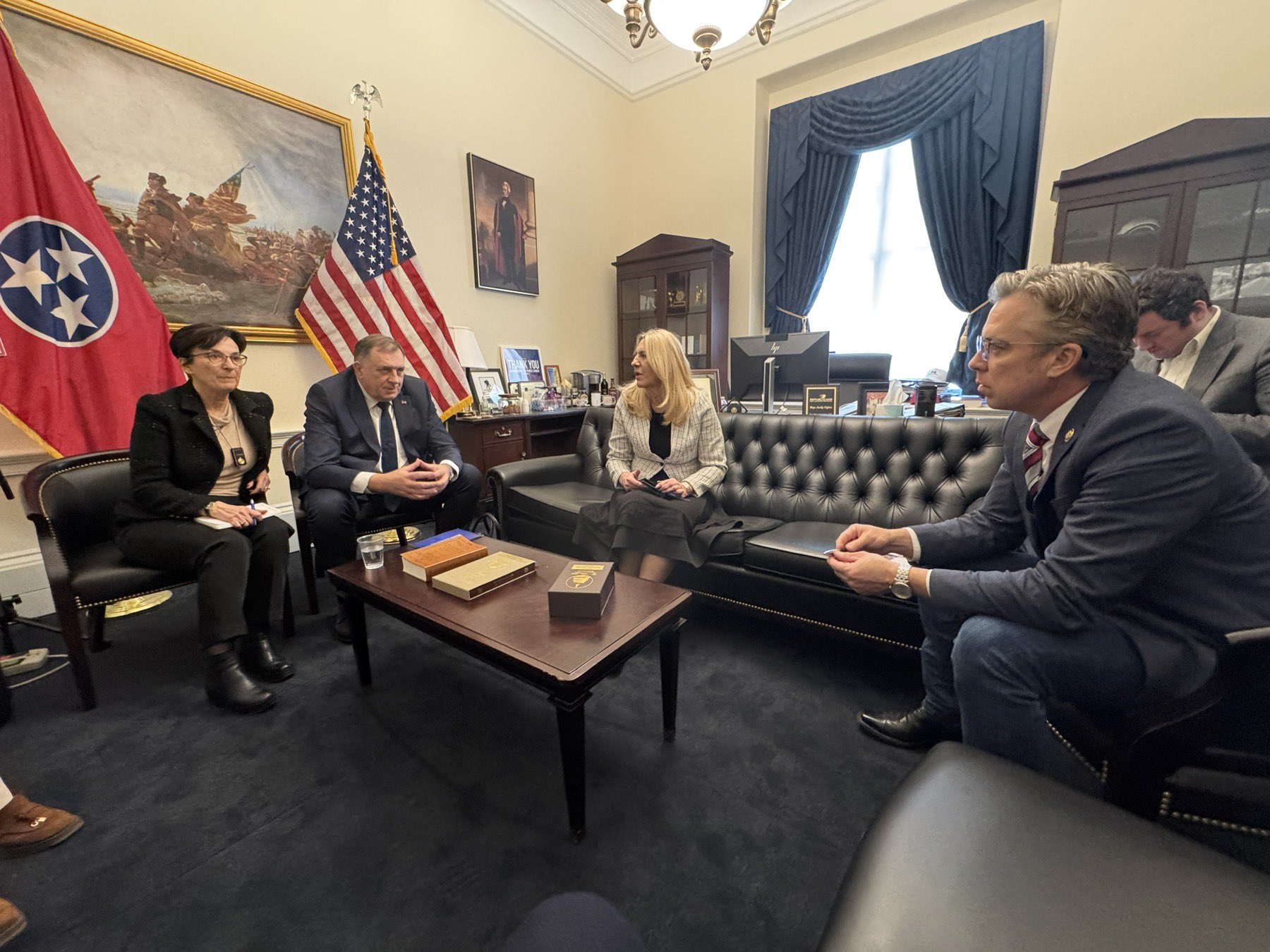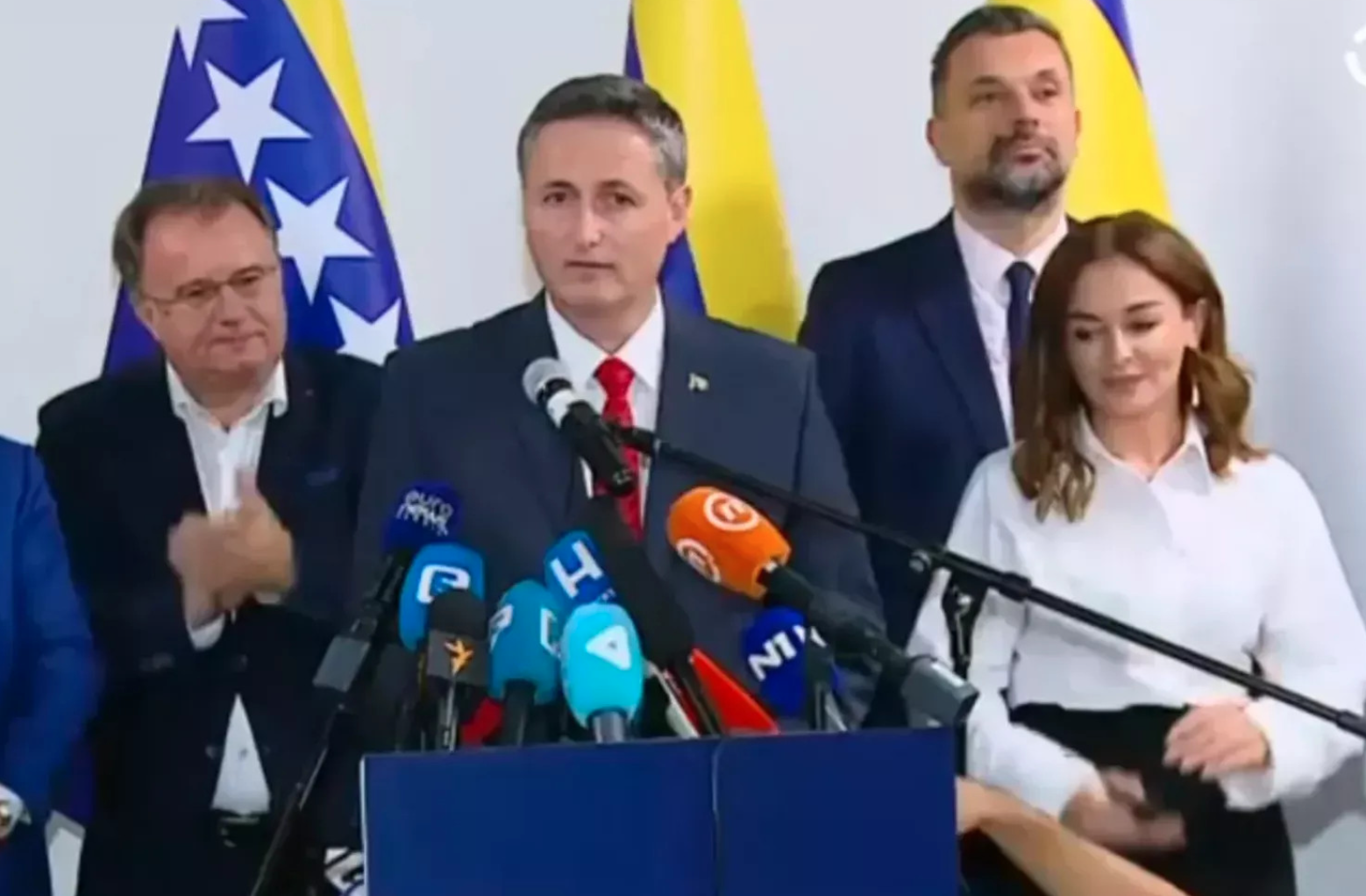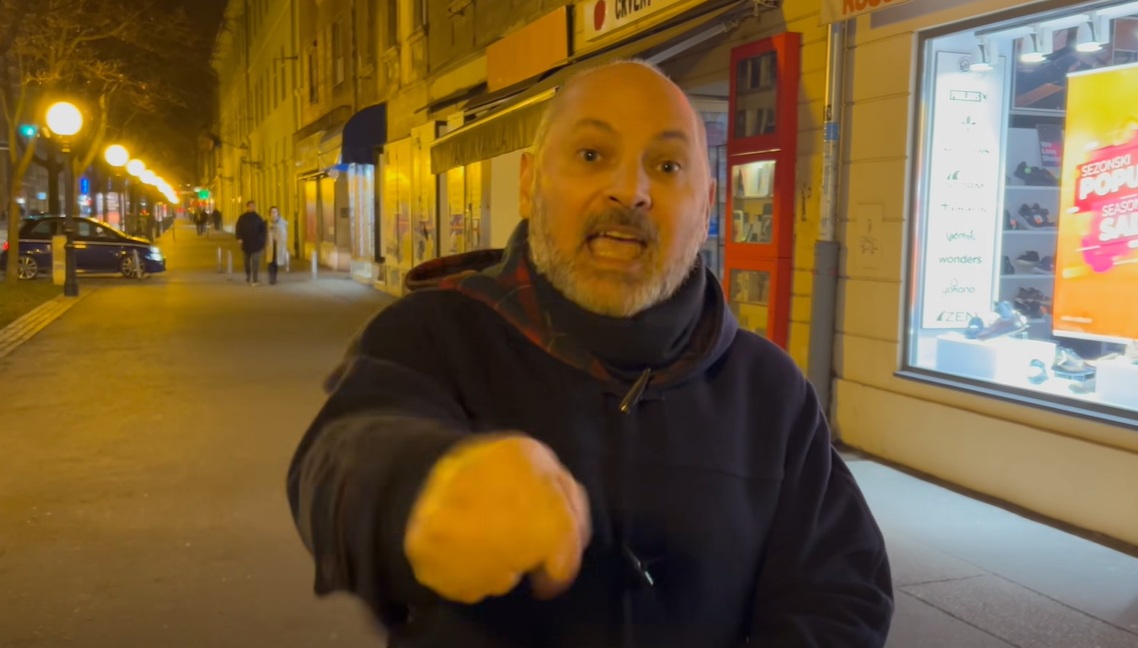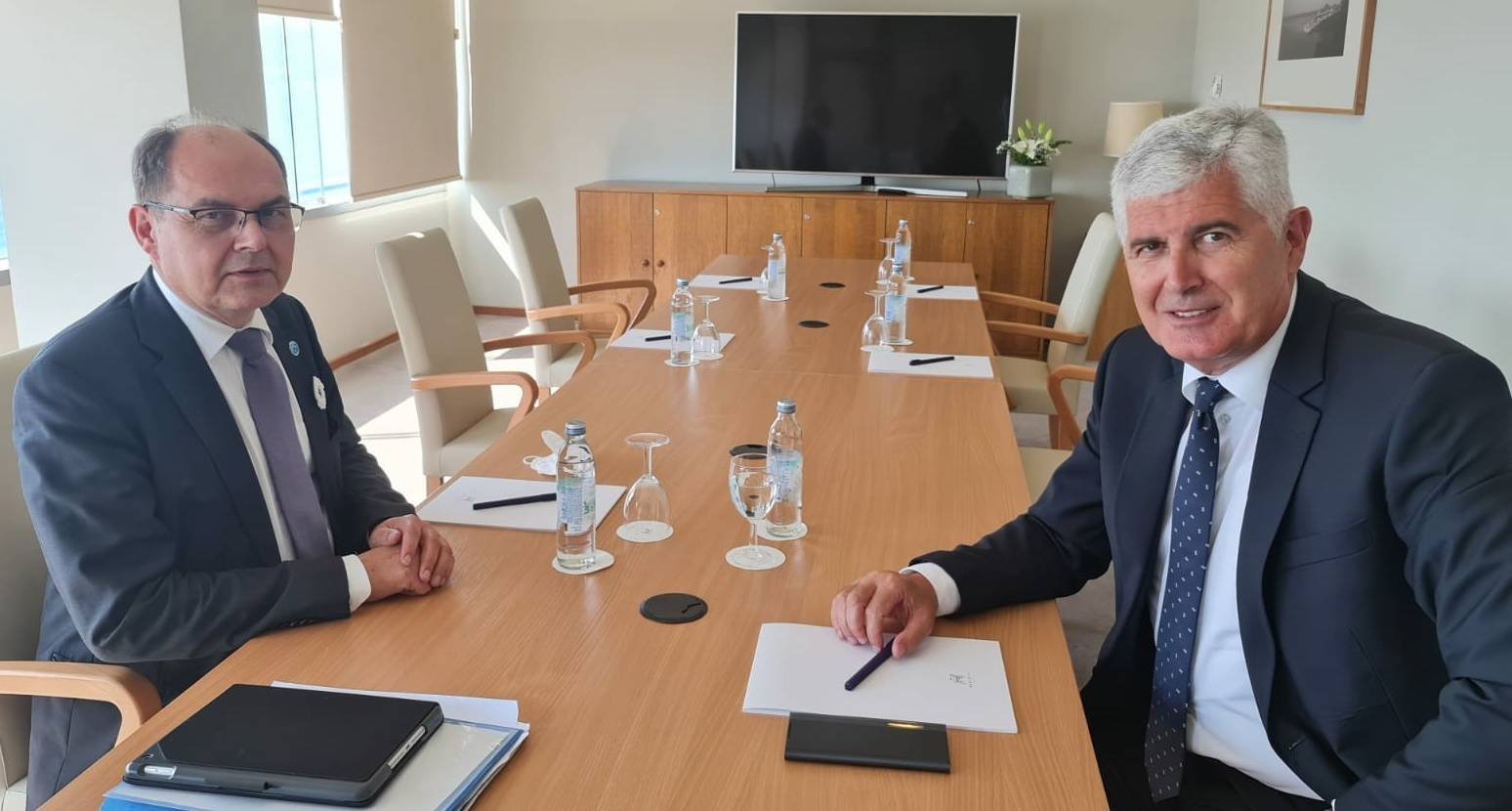NATO’s Madrid Summit underscored that Russia’s full-scale military invasion of Ukraine has precipitated a fundamental shift in European security. Moscow’s attack ended a relatively peaceful and predictable post-Cold War phase and heralded a new era of international conflict. It also moved the epicenter of European security eastward with Poland emerging as the pivot of NATO’s eastern front confronting an aggressive Russia.
Three factors will be crucial on the emerging strategic stage. First, what will Russia’s destructive invasion of Ukraine signify for emerging threats and inter-state relations along NATO’s eastern front? Second, what impact will the war have on trans-Atlantic cohesion and pan-European security arrangements? Third, what will be the consequences for Russia itself in its war against Ukraine, especially in Moscow’s efforts to maintain its regional predominance and a unified Russian state?
Poland is fast emerging as a pivotal strategic player and fulcrum of deterrence and defense because of its size, location, resources, defense commitments, regional role, and connections with the US. Poland’s economy is the seventh biggest in the EU and the largest among all former Soviet bloc states that joined the Union. Its economy has rebounded impressively after the COVID pandemic and steady annual GDP growth of over 3% is projected over the coming few years. With 38 million citizens, Poland has the largest population of all new NATO members and benefits from high levels of education and professional expertise.
Warsaw has made serious investments in its military sector, force structure, and weapons acquisitions. The defense budget is set to increase from 2.5% to 3% of GDP in 2023, with continuing increases in a five-year plan to significantly boost military capabilities and double the number of troops to over 300,000. Moreover, Poland views itself a rising regional leader based on its history, economic potential, military prowess, and staunch opposition to Russian imperialism.
The war in Ukraine highlighted the most dangerous threats to NATO’s eastern borders and intensified Poland’s commitment to defending the Alliance. NATO’s eastern “flank” has become an eastern “front” against Moscow’s expansionism and its persistent threats of war. The invasion of Ukraine exposed Russia as an imperial state that ignores international borders and seeks to restore its dominions, thus underscoring the imperative for NATO to strengthen its capabilities, cohesiveness, and responses to aggression.
The war also consolidated a closer relationship between Poland and Ukraine. Poland was the front-line state in accepting over two million Ukrainian refugees, integrating them in the labor market, and providing all health, social, and educational benefits. It became the primary conduit for humanitarian aid and military supplies to Ukraine’s armed forces, including its own stockpiles of weapons. Kyiv views Warsaw as its closest ally and gateway to an EU future and Warsaw will also be the central hub for Ukraine’s economic reconstruction. Both capitals together with the three Baltic states are also exploring ways to strengthen their security linkages, regional transportation, energy, and economic networks, and developing closer military ties with the US.
With German and French prestige weakened in the light of their inadequate response to Russia’s war against Ukraine, NATO’s center of gravity is shifting eastward. Poland’s cross-party consensus in boosting its continental security role will be significantly strengthened in an eastern front that includes Finland and Sweden as the newest NATO members. Warsaw’s increasing purchases of US military equipment, including Abrams tanks and F-16 fighter aircraft, and the growing presence of American forces in Poland, including the permanent HQ of the US Army’s V Corps, is transforming the country into Washington’s pivotal European ally. Warsaw has earmarked several acquisition programs since Russia’s attack on Ukraine. Most of the contracts are expected to be awarded to American suppliers in a drive toward closer defense cooperation with the US. Poland will increasingly assume the position of Germany during the Cold War and can expect American bases in the coming years.
The Alliance is no longer bound by past commitments to desist from placing its forces in Europe’s east on a permanent basis. By attacking Ukraine, Moscow itself voided the NATO-Russia Founding Act that constrained NATO’s eastern deployments. At its Madrid Summit NATO announced that it would put over 300,000 troops on high readiness in the coming months and strengthen its forces in Romania and the Baltic states.
In the Western Balkans, NATO has taken some steps to bolster the Bosnian army and work more closely with Kosova’s defense forces. But this is still insufficient to deter provocations by pro-Muscovite Serbian leaders in Banja Luka and Belgrade. Urgently needed is a path toward NATO membership for Bosnia-Herzegovina and Kosova, especially as the EU has proved to be a lame duck in offering real prospects for accession and is thereby encouraging nationalist radicals throughout the region.
NATO states along the eastern front face three urgent regional challenges with long-term implications for European security and America’s role. First, they must promote the security and reconstruction of Ukraine in the wake of the destructive war. Second, they must help to bring Russia’s other non-NATO members, including Belarus and Moldova, closer to Western economic, political, and security structures. Third, they must confront the regional impact of major turmoil in Russia in the midst of economic decline and potential military defeat or a prolonged quagmire in Ukraine.
To handle these challenges, NATO needs to develop a multi-dimensional strategy, combining all informational, cyber, economic, diplomatic, and military domains. And it has to extend those capabilities to the Black Sea and Balkan regions which Russia continues to subvert and threaten with war through its designated proxies in Serbia and Bosnia’s RS. Washington needs to prepare for a prolonged period of regional uncertainty, which will also include the emergence of new political entities from a failed Russian Federation.
(Janusz Bugajski is a Senior Fellow at the Jamestown Foundation in Washington DC. He is the co-author of Eurasian Disunion: Russia’s Vulnerable Flanks with Margarita Assenova. His new book, Failed State: A Guide to Russia’s Rupture, will be published in July)

